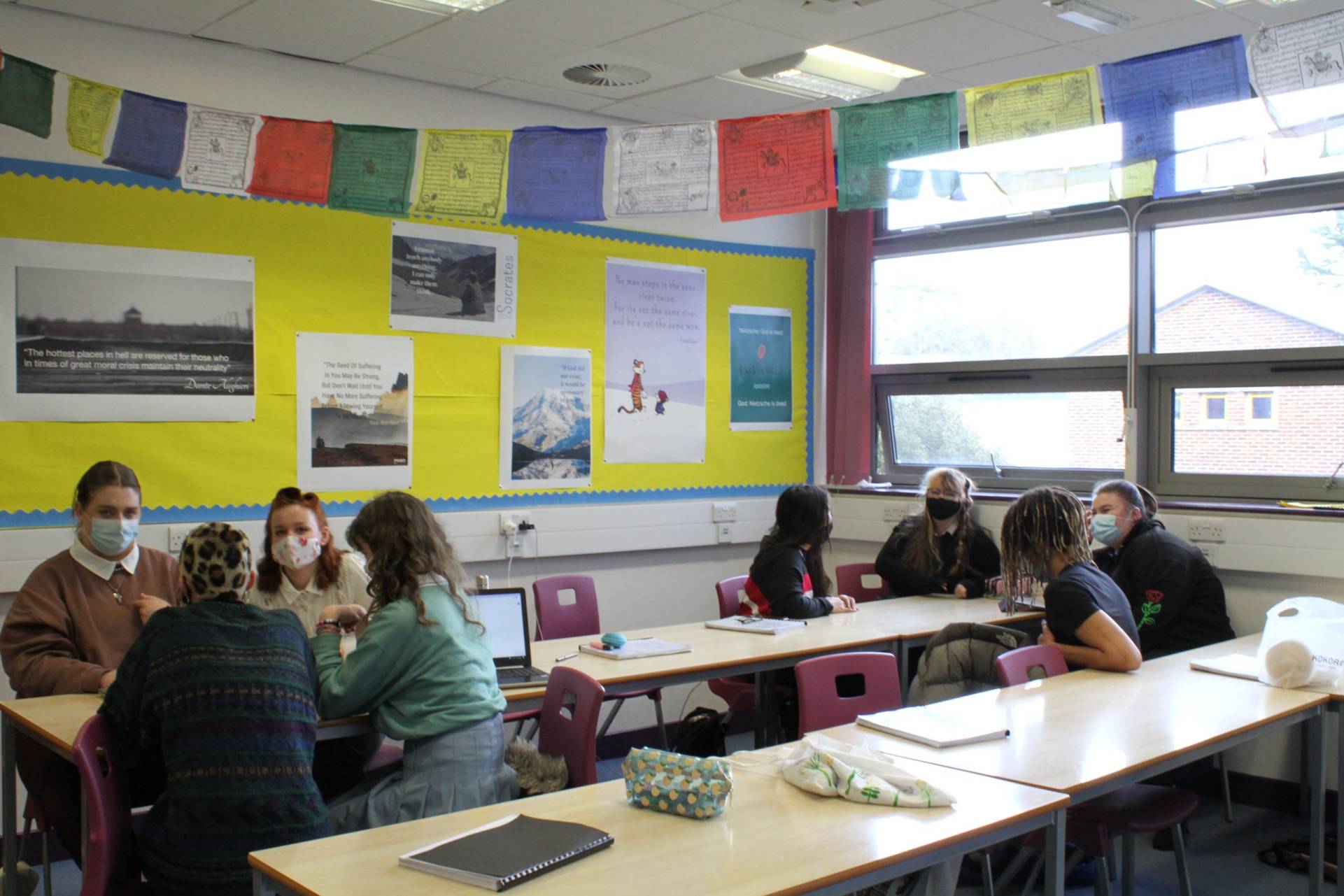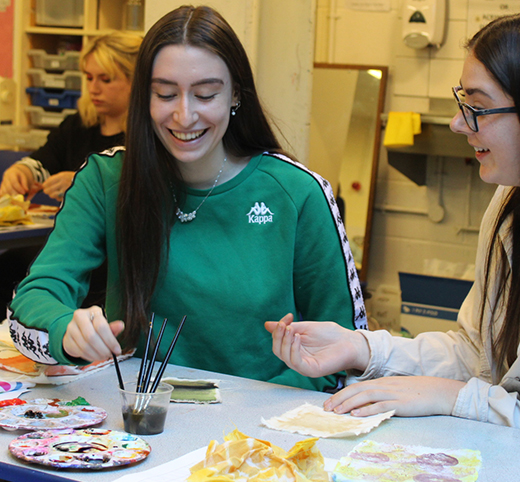Sociology A Level is the systematic study of how human societies shape the lives of the people who live in them and how people shape the cultures they live in. Studying a social science enables you to appreciate the complex nature and diversity of today’s modern society. You’ll have the opportunity to explore the internal and external forces that shapes our lives and determine our life chances.
As part of your studies you’ll assess the merits of competing theories and explanations. Your understanding will be enhanced by our links with highly renowned academics and via the additional enrichment activities on offer. Teachers within the department come from a variety of backgrounds and specialisms, bringing an often unique quality to their teaching. Having high standards and expectations means that each individual in their care is guided to achieve to the best of their ability.
“The task for sociology is to come to the help of the individual. We have to be in service of freedom. It is something we have lost sight of.” ~ Zygmunt Bauman









































